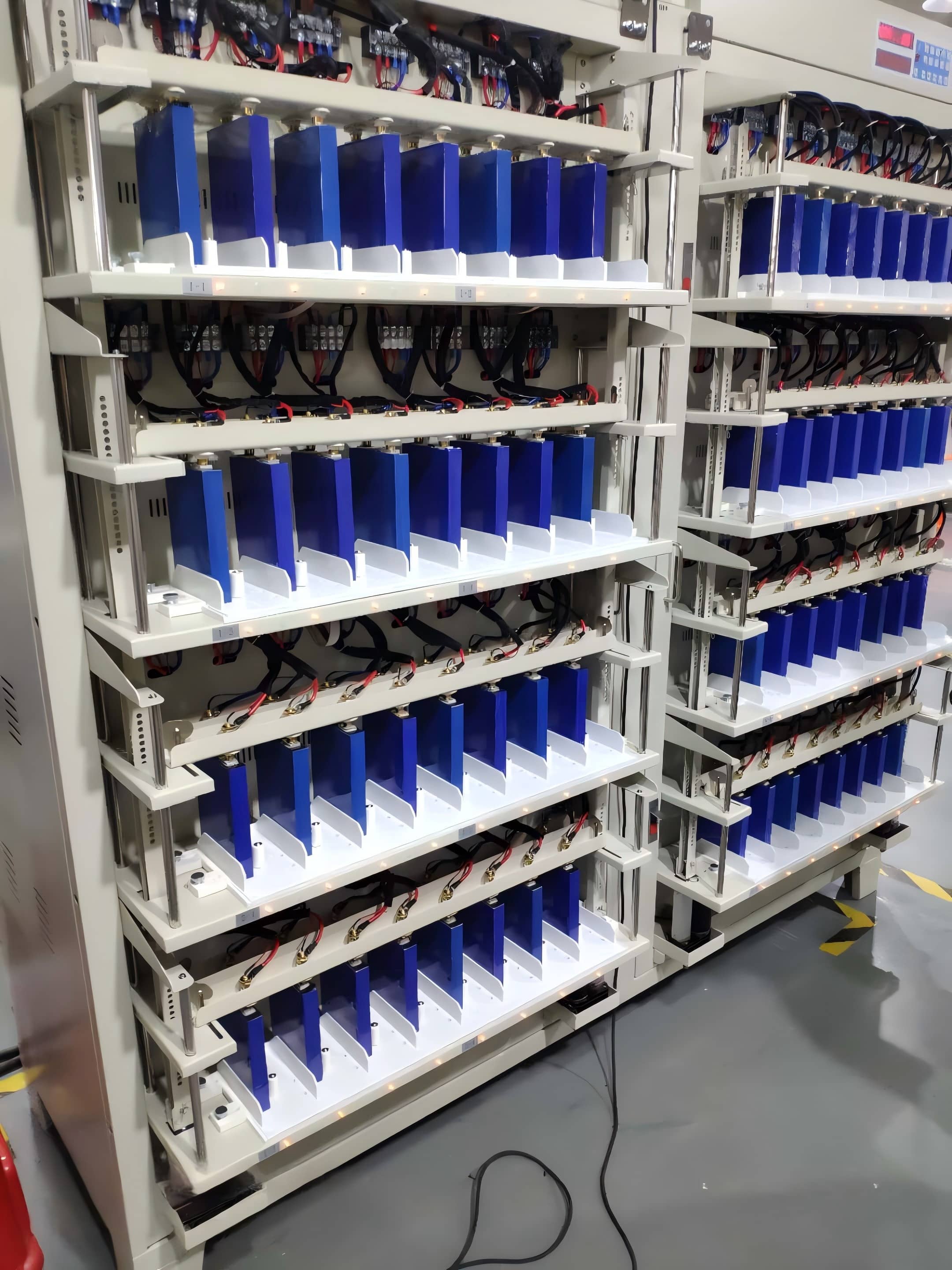Blog
What Is LiFePO4 Cell Grading? Understand the Principles and Process in One Read!
2025-06-08 | Eric

In the production process of lithium batteries, LiFePO4 (Lithium Iron Phosphate) cell grading is an "invisible yet crucial" procedure. You might not notice the difference between two cells just by looking at them, but the performance gap could determine the overall quality of the entire battery pack.
So, why is LiFePO4 cell grading necessary? What steps are involved in the process? This article walks you through the importance, principles, and procedures of cell grading. Whether you're a professional in the new energy industry or a brand sourcing lithium battery products, this knowledge is well worth understanding.
Why Do LiFePO4 Cells Need to Be Graded?
Simply put, LiFePO4 cell grading involves selecting cells with similar performance to be assembled into stable, safe, and long-lasting battery packs.
Even if they come off the same production line, each cell may have slight differences in capacity, voltage, internal resistance, and other parameters. If you combine these "different personalities" without screening, problems can arise:
- Exaggerated capacity or rapid degradation
- Unstable fast charging/discharging
- In extreme cases, swelling or short circuits
Scientific grading significantly reduces these risks, ensuring that every battery pack performs consistently and reliably.
The Two Main Stages of Cell Grading
LiFePO4 cell grading typically involves two key stages. Let’s break them down:
Stage 1: Voltage, Resistance, and Capacity Testing
This is the first round of screening, using professional equipment to test each cell for:
- Voltage: Whether it meets standards or deviates significantly
- Internal resistance: Whether the cell tends to generate heat
- Discharge capacity: The actual energy storage capability
All data is automatically uploaded to a computer for recording and comparison.
Resting Period – Identifying “Chronic Issues”
After testing, all cells enter a “resting period,” typically around 15 days. This stage helps reveal cells whose performance declines during idle time, allowing early removal of “potentially unstable” units.
Stage 2: Capacity Grading + Activation
Cells that pass the resting period undergo more precise capacity grading:
- Charged to a unified standard
- Discharged at a set current
- Capacity calculated using discharge time × current
Cells with lower or inconsistent capacities are weeded out, keeping only the high-quality ones. Some manufacturers also conduct a “cell activation” process—charging and discharging under low current, like a “warm-up” and “maintenance” session that helps fix minor defects and improve cycle stability.
Essential Equipment: Grading Cabinets
The entire process relies heavily on automation, including equipment such as:
- Multi-channel grading cabinets
- Temperature control systems
- Automated data analysis platforms
These devices can simultaneously test hundreds or thousands of cells under the same conditions, ensuring consistent data and accurate selection—while greatly boosting efficiency.
How Valuable Is Cell Grading?
Let’s use a simple example:
If you buy a 100Ah lithium battery pack, but a few cells inside are only 90Ah, the overall performance suffers. It might even affect lifespan and safety.
But if the cells have been properly graded, you get a true 100Ah capacity—high consistency and strong stability.
Who Benefits the Most?
- ✅ Electric vehicles
- ✅ Energy storage systems (solar, home UPS)
- ✅ Industrial battery packs
- ✅ High-performance portable devices
Conclusion: Don’t Overlook the “Invisible Process”
LiFePO4 cell grading might sound like a behind-the-scenes task, but it plays a decisive role in how lithium battery products perform. From initial testing and resting, to capacity grading and activation—every step lays the foundation for the battery in your hands.
When you choose a manufacturer that performs proper cell grading, you’re not just buying a battery. You’re investing in greater safety, longer lifespan, and more stable performance.
Popular Articles
Contact Details
Worktime :Monday to Friday 9am - 6pm (HKT)
WhatsApp/Wechat/Mobile :+86XXXXX
Email : info@lifepo4cellstore.com
